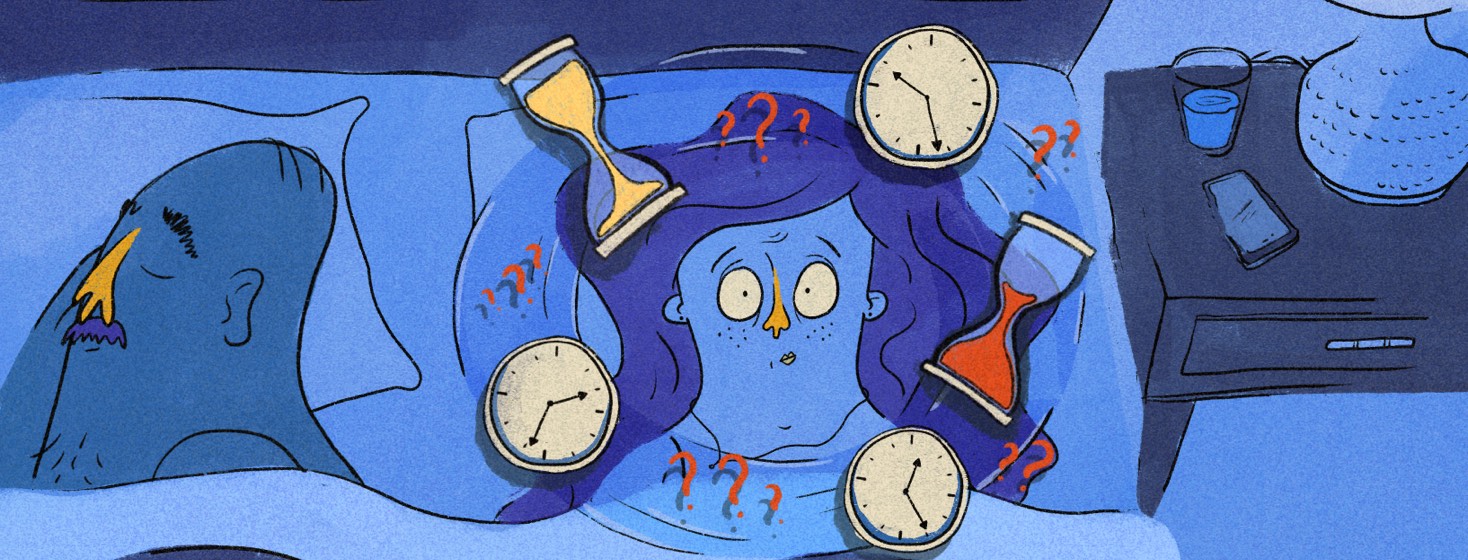The Mental Part of Dealing With Flare-Ups
Flare-ups. As I’ve written many times before, they are an unfortunate part of living with rheumatoid arthritis (RA) and chronic illness. We all go through them — whether you have just been diagnosed or have been living with this awful disease for many years.
I think we all know what the physical feels like when it happens. Whether you describe it as being run over by a truck full of old fish or being hit by a car full of rancid meat, you know how it makes you feel. Something we don’t talk about as much, though, is the mental part of living with constant, unpredictable flare-ups and what that can do to a person.
Dealing with more frequent flare-ups
The reason this is even present in my mind right now is because I am going through flare-ups as we speak. The thing is, since I found a medicine that works to control my RA, flare-ups are not common for me.
Well, not very common, that is. I think we all know that rheumatoid arthritis never truly goes away, but still, flare-ups are something I am blessed to have to deal with only rarely. So, when it started happening again lately, I was ill-prepared for the fallout.
The mental part always comes as a surprise
Now, you’d think that no matter how long it’s been since my last flare, it’s not something I'd forget about. It’s like riding a bike — once you’ve done it, you really don’t have to worry about remembering how to do it the next time.
You’d be right, too, in most cases; but with RA, it seems that hope springs eternal, and while the physical aspects of a flare-up are well-remembered, it seems the mental part always comes with a bit of surprise — like stubbing your toe on the same damn table every week, even though you know it’s there. Ugh.
'What if this never goes away?'
This is what I’m going through at the moment. I have almost forgotten, mentally, how to deal with a flare-up, and it is throwing me for a loop.
First and foremost, the number 1 thought I’m having is the classic, "What if this never goes away?" The nighttime fevers, the low-grade chills, the aches and pains — what if this is how my RA will be now? What if the medicine isn’t working any longer?
At first, I was mad. 'How can this be happening to me now?!' Then I rationalized. If this is it, well, then at least I got 10 years of meds controlling my RA, and that was a gift, and now it’s over. Most people don’t even get that, so I should be grateful that I was able to live so long without major active illness. I will just do my best and live every day as I can with this new normal. Well, that’s that, I guess.
The mental part never gets easier
Mind you, all of the above was within the span of 24 hours. I had gone through all the stages of grief, from anger to acceptance, in a single day and simply just said, "OK, this is my life from now on, and let’s get on with it."
I know — looking back, it’s silly, to say the least, especially considering the flare-up ended a few days later. It just goes to show, though, that no matter how long you live with RA and chronic illness, dealing with the mental part never gets easier, and you don’t get much better at it with practice, at least in my case.
Sure, you figure out ways to live with it and how to stave it off long enough until things go back to normal — or, at least, the normal level of mental tumult that comes with living with RA. But as of yet, I still have not found a way to stop my silly brain from feeling the same feelings over and over again every single time it happens.
This, too, shall pass
So how do we deal with these confounding mental issues that inevitably come from living with RA and chronic illness?
First, I think you need to know you are not alone in having these feelings. Almost everyone who lives with the unpredictability of RA experiences these issues, and it is totally normal.
Second, on those late nights when the "mind demons," as I call them, are particularly bad, and you can’t sleep because of the anxiety and fear of it all, try to remember that wonderful saying, "This, too, shall pass." This has been a comfort to me for years and makes up the cornerstone of the mental defenses I use to deal with those depressive and anxious days that inevitably come with this wretched illness. Talk soon.

Join the conversation